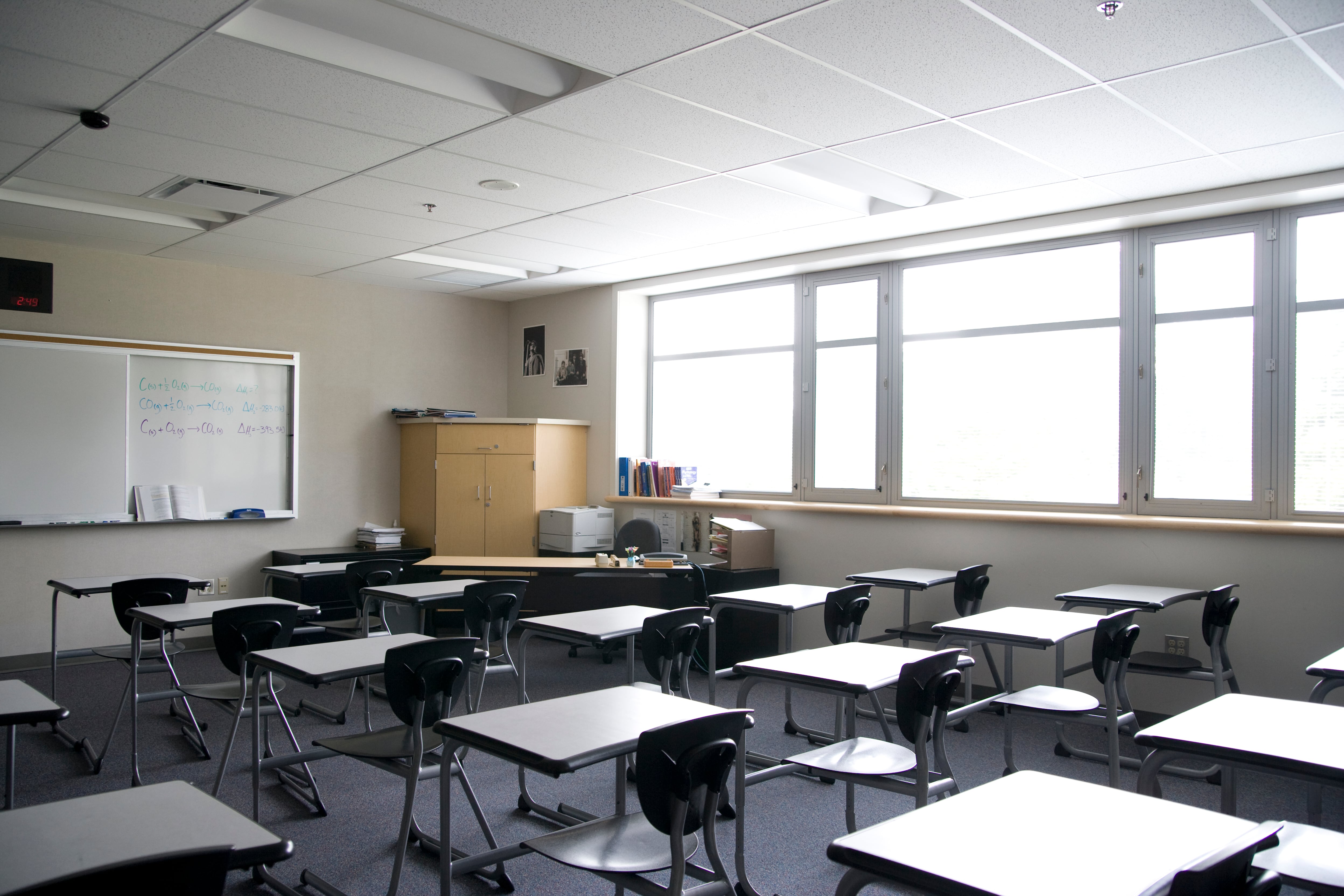Over 1,000 Indiana students who left high school without diplomas will be counted as dropping out, after a state audit cracked down on districts using a legal loophole that a Chalkbeat investigation found inflates graduation rates.
This is the first time the Indiana Department of Education audited schools under a new law designed to ensure the state is accurately tracking how many students drop out. Schools had originally categorized these students as withdrawing to home-school, which would have left them out of graduation rates. But it’s unclear whether they ever continued their education.
The state added back students whose home-school withdrawals weren’t properly documented or those who had fallen behind on credits. The review found that nearly 60% of home-school students audited were behind on credits when they left school, suggesting that many of those who leave to home-school may essentially be dropping out after struggling to pass classes.
“It’s really kind of depressing that it’s that large a number that, unfortunately, were not on target to graduate,” said Rep. Bob Behning, an Indianapolis Republican who chairs the House Education Committee.
Chalkbeat’s investigation found that at some troubled schools, the practice of marking students who leave as home schooling has hidden dropouts for years.
Just over 500 students at the audited schools this year were properly labeled as leaving to home-school, according to the state review. The Indiana State Board of Education on Wednesday approved the results of the audit.
The new audit process is “an opportunity to shine the light” on schools that focus on increasing graduation rates on paper and encourage schools to focus instead on improving outcomes for struggling students, Behning said.
Hopefully, the new process will make graduation rates more accurate in the future by reducing the incentive for schools to mark students as leaving to home-school, state board member Pete Miller told Chalkbeat.
“We need to do a better job of getting 100% of kids to get a high school diploma,” Miller said.
Statewide, schools claimed that about 3,200 Hoosier students who were expected to graduate in 2020 instead withdrew to home-school. The education department reviewed withdrawals at 104 schools that were selected because they had large numbers of students marked as leaving to home-school. Schools can appeal the decisions through an administrative process.
Nearly all the schools that were reviewed will see their graduation rates fall, with a median decline of about 7 percentage points. Lakeland Christian Academy, a 300-student private school in northern Indiana, will see the largest decline in its graduation rate — a drop of nearly 19 percentage points.
The change will also lead to significant drops in graduation rates at some large public high schools. At Northview High School, a 1,000-student campus outside Terre Haute, the graduation rate will drop by 16 percentage points.
Leaders of some audited school systems told Chalkbeat that they hope to keep struggling students in school until graduation and reduce the number leaving to home-school with efforts such as alternative schools and career training.







